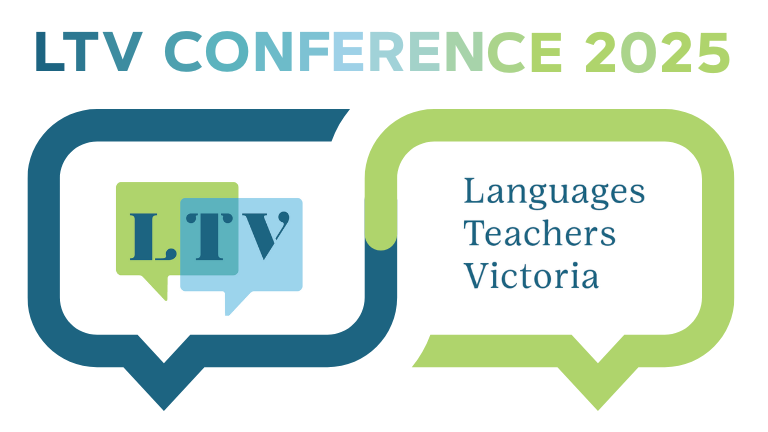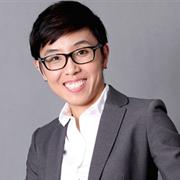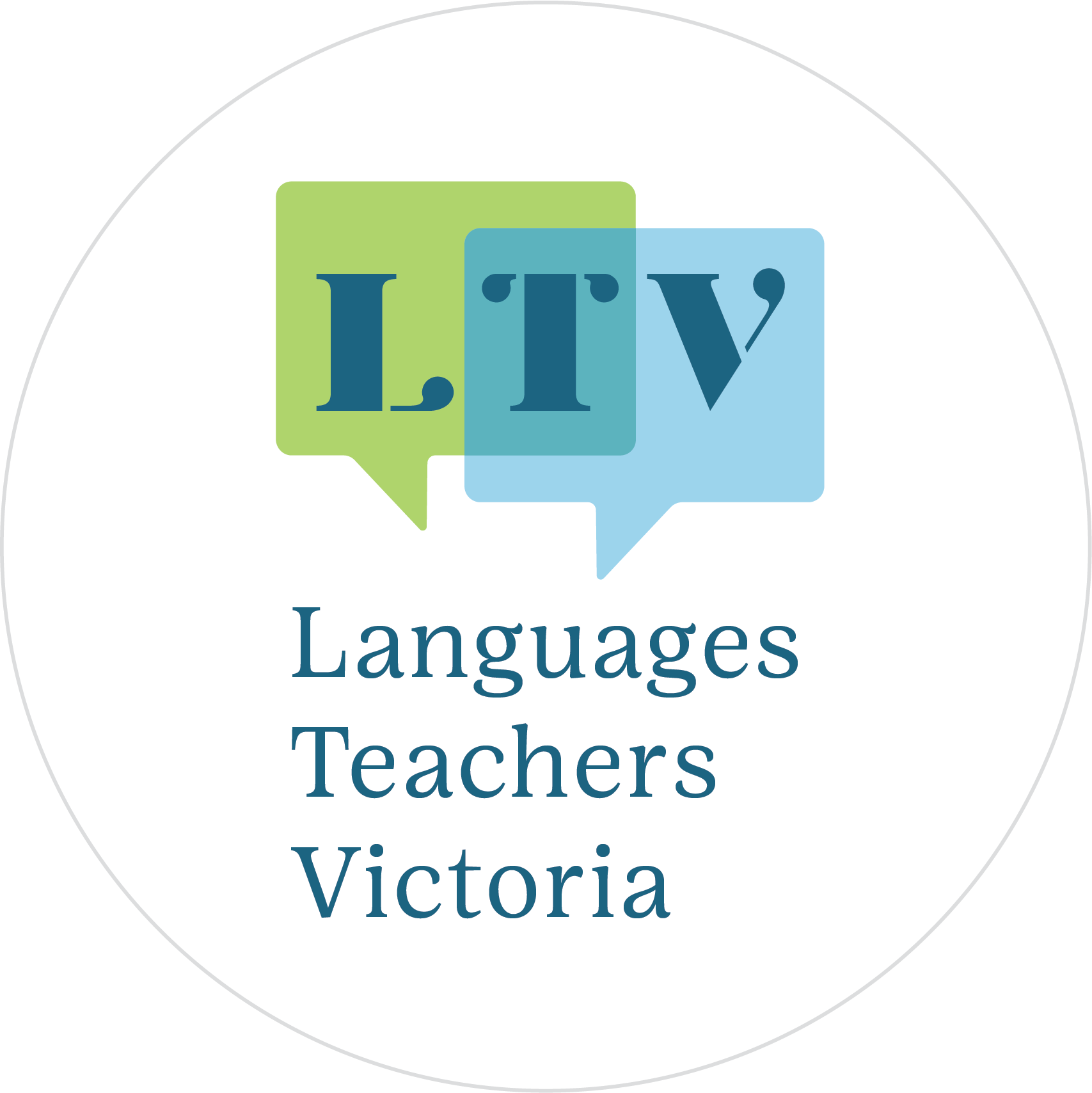
Friday 5 December 2025
Venue: Catholic Leadership Centre, 576 Victoria Parade East Melbourne
Time: 8:45am – 4:15pm
LTV Annual General Meeting: 4:30pm – 5:15pm. All conference attendees are welcome to attend the AGM
Visit our Registration Page for LTV Member and Non-Member ticket prices and information about discounts for regional/rural teachers, government school teachers and a limited special offer for pre-service teachers.
To book exhibitor space at the conference, please click here.
Updates will be announced in our regular LanguagesConnect e-newsletter. For enqiries please email info@ltv.au
See below for information about our Keynote Speakers.
Keynote Speakers

Danping Wang, Programme Lead of Chinese and Associate Professor, University of Auckland.
Blaming the Bot? Why Our Struggles with AI Point to Deeper Pedagogical Gaps
The arrival of generative AI has divided language educators into opposing camps: enthusiastic early adopters and sceptical resisters. But these divided views often reflect deeper concerns about what effective teaching and learning should look like in the age of AI. In this talk, I unpack 10 common misunderstandings about AI in language education from concerns about academic integrity, bias, and privacy, to fears that students will become overly dependent on technology. A closer look at these assumptions reveals that many of the challenges we attribute to AI are actually long-standing issues in our field. Exam-driven teaching has often centred on lower-order cognitive skills, which are particularly vulnerable in an AI-saturated environment. The real barriers to meaningful integration lie not in the technology itself, but in how we respond to change and how well we support teachers through it. I’ll finish by sharing a few projects I’ve been involved in that highlight what’s possible when we use existing tools in thoughtful, responsible, and practical ways.
Danping Wang is the Programme Lead of Chinese and Associate Professor at the University of Auckland, where she also serves as Director of the Centre for Chinese Language Education and Advanced Research (CLEAR). She leads an AI Lab and chairs the AI Working Group in the Faculty of Arts and Education, focusing on how emerging technologies can support multilingualism and language learning. Her dedication to language education has been recognised by several Teaching Excellence Awards. Her research on translanguaging, decolonisation, and teacher education has received funding from the Research Grant Council in Hong Kong and the Royal Society of New Zealand. She has also been invited by the New Zealand Ministry of Education to serve as a subject expert in the review of the Asian languages curriculum for New Zealand schools.

Ross Halliday, Resource Development, Faculty of Education, University of Melbourne.
Ross will unpack explicit teaching and identify how it can inform quality design of Languages curriculum.
Ross Halliday is an educational leader with a career spanning over 20 years in a variety of school sectors across three continents. With experience ranging from classroom teaching to school leadership, Ross has served in senior roles such as Head of Teaching & Learning, Head of Learning Technologies, and School Principal. He has led strategic, school-wide improvement with a strong focus on literacy practice and outcomes.

